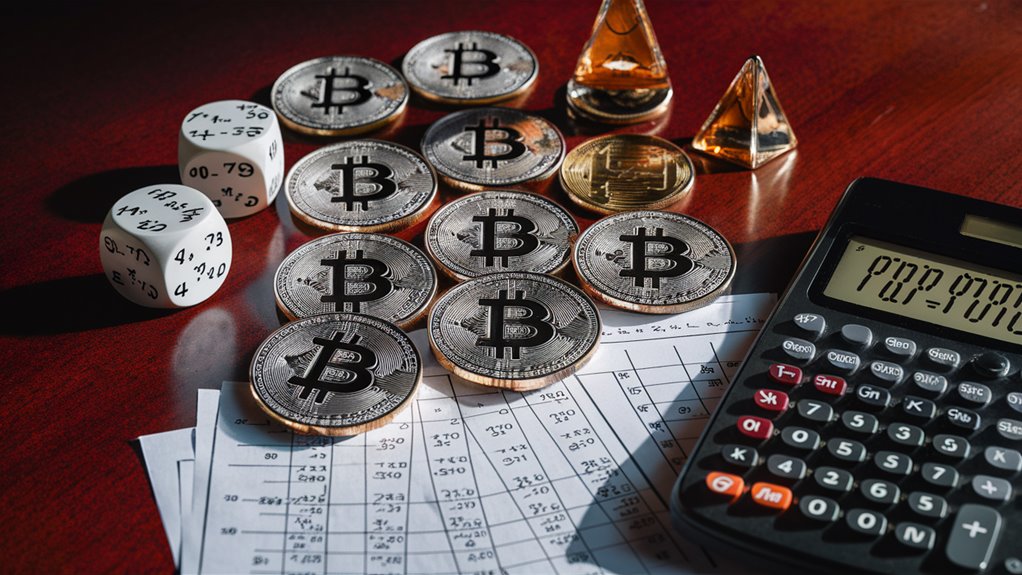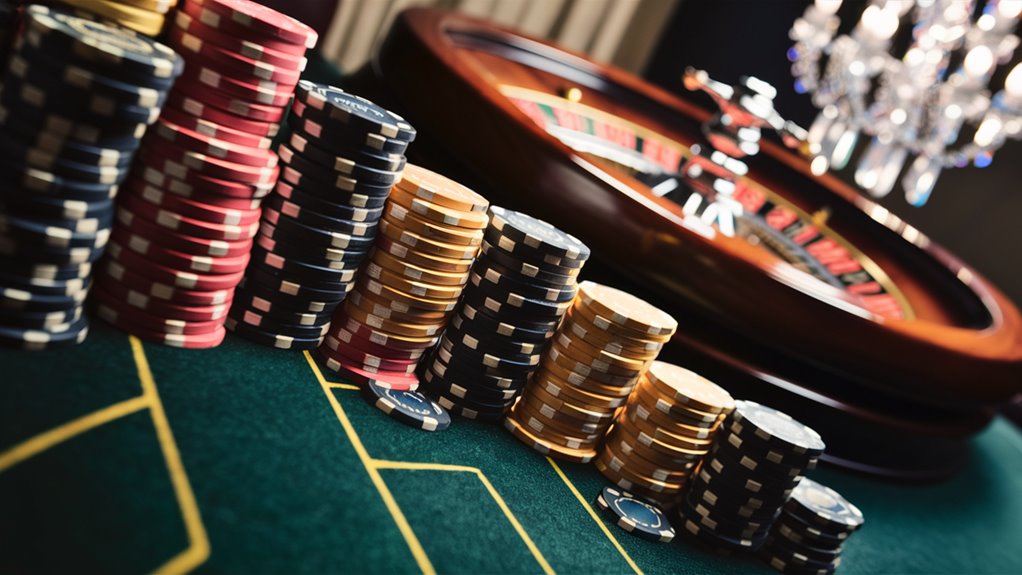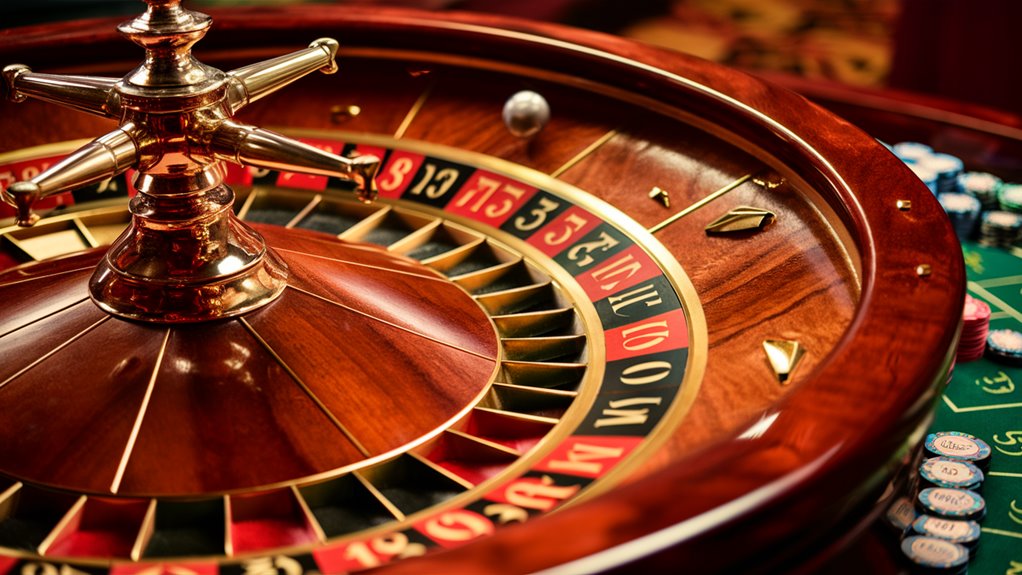The Art of Roulette: Expert Tips and Strategies
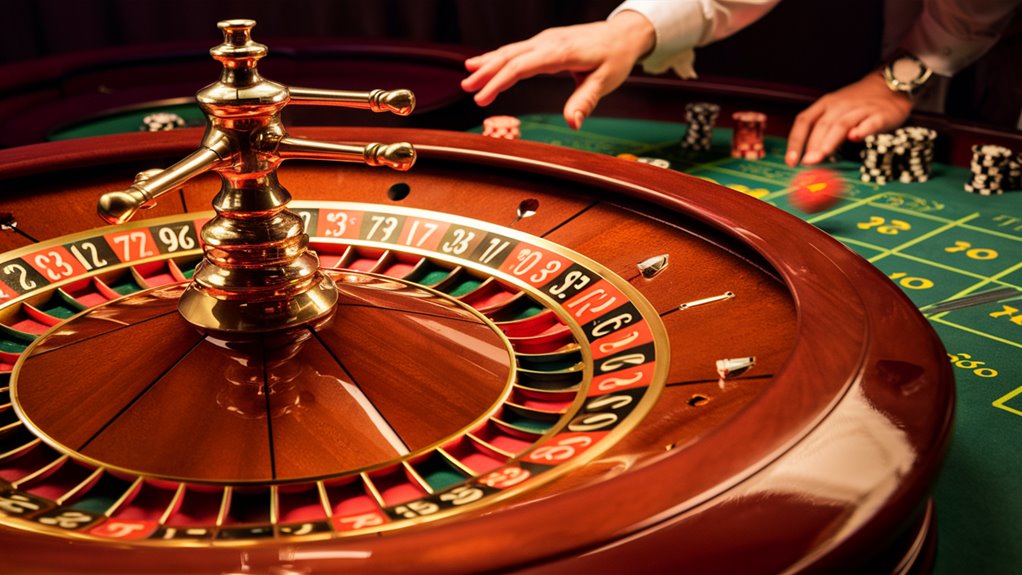
Learning About Roulette Physics and Math
Deep knowledge of roulette needs understanding of both physics and math rules. The game is built on wheel movements, which include spin force, the drag of surfaces, and how the dealer throws the ball. Number study is key to make winning plans by watching and gathering data wisely. 이 자료 참고하기
Using Advanced Math in Game Analysis
Chance ideas are at the heart of being good at roulette. Players must watch many spins and carry out tough math tests, like chi-square tests, to find if a wheel favors some numbers. This focus on data helps spot patterns in how often numbers come up and where on the wheel.
Benefits of the European Wheel and Odds
The European roulette wheel has a 2.7% house edge, giving it a smaller cut compared to other kinds. Skilled players pick this type as the odds are better and the numbers are laid out simply. Knowing these math edges is key for winning in the long run.
Smart Betting Money Tricks
Good money handling is a must for pro roulette play. Best way is to never bet more than 5% of your cash on one spin. This careful betting plan stops big losses and makes your money last while boosting chances to win.
High-Tech Game Watching and Guessing
Detailed pattern spotting calls for advanced tracking tools and data help. Pros use tech help to keep an eye on wheel moves, ball paths, and dealer habits. This skill helps with smarter bets and better guess of game results.
Knowing Chance and Math in Roulette
Math and statistics are the base of roulette results testing. The game uses two main wheel kinds: the European roulette wheel with 37 numbers (0-36) and the American roulette wheel with 38 numbers (including 00). Each spin is an own event, so past spins don’t change future spins.
Key Chance Maths
- On a European wheel, a single number bet has a 1/37 (2.7%) shot at winning.
- Even-money bets like red/black give a 18/37 (48.6%) chance.
- The house edge stays the same at 2.7% for most European wheel bets.
Stats and Varying Results
Random changes greatly affect short-term roulette plays. Using standard maths steps, players can gauge possible changes from the expected results. In 37 spins, number show ups rarely follow the perfect math spread – this is where the idea of statistical difference shows its real-world use. These math rules form the base for making smart bet choices and keep real result expectations.
Physics Behind the Wheel
Spin force, drag, and push towards the center control the wheel’s working and moving things in spinning setups. These key rules manage everything from big machines to game tools.
Spin Moves and Physics Rules
Wheel turning follows Newton’s motion rules closely. The starting spinning force causes spin force, while friction from bearings bring things to a slow. Paths of moving things on wheels mostly follow a path you can guess, set by rim angles from 6-13 degrees in most cases.
What Else Affects the Wheel?
- Top texture and what it’s made of
- How warm or cold it is around
- How moist it is
- Things like the frame and pockets
- How well it’s made and balanced
The slow down pattern of things on wheels show clear math bends, but outside things like wind push and the turning Earth effect bring in more things to measure. These rules show how wheel moves that seem random actually follow set science rules, even when guessing each result is hard.
Looking at How Dealers Throw
Dealer styles show set moves and behaviors that come from muscle use after many spins. Apart from basic wheel rules, these set moves give key hints for guessing game plays.
What Shapes Dealer Styles
Where They Let Go
Top dealers often let go the ball within a 15-degree space of their liked spot, showing a set way. This set way comes from lots of repeats and muscles getting used to the move.
How Fast the Wheel Turns
Spin speed styles stay much the same among skilled dealers, with change not often over 10% between spins. This set way makes trackable styles in ball paths and end spots.
Orderly Pattern Checks
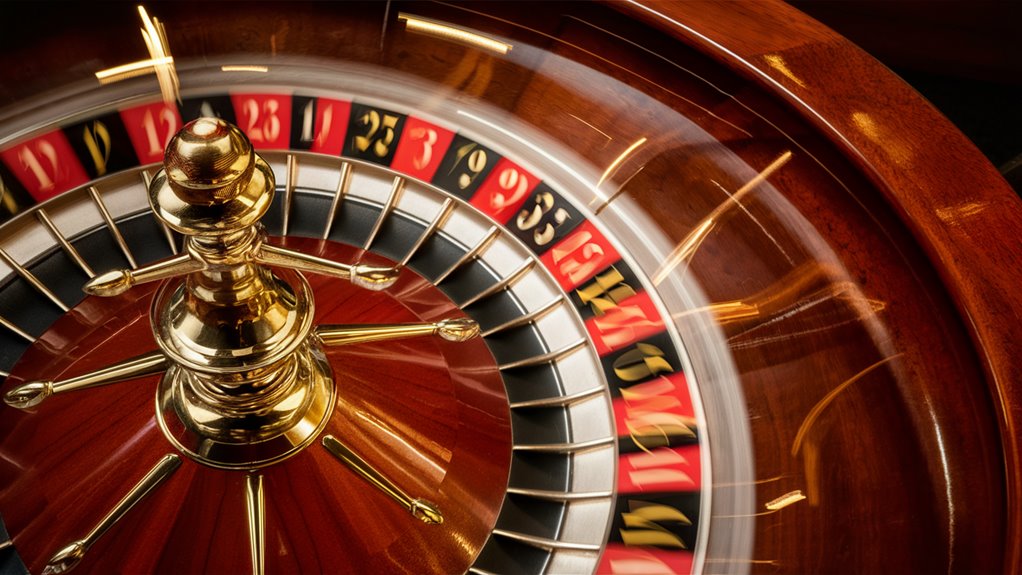
- Hand spots
- Time between spins
- Where the ball stops
With focused data work and checks, clear links show between dealer moves and end spots. This science way turns simple watching into useful stats knowledge, making clear edges through full pattern study and checks.
Math Game Plans
Math game plans show well-thought ways to use chance patterns in casino games through set bet changes. These tested ideas come from years of number study and real use.
Main Game Plans Made Clear
The Martingale Plan
The Martingale plan is most known, using a double-after-loss way. This method wants players to double their bet after each loss. But, this plan has two big limits: needing a lot of money and the top bets allowed by casinos.
The D’Alembert Way
The D’Alembert plan is a less bold bet-changing way. This math method adds a simple unit more after losses and takes one off after wins, making a steadier bet pattern than harsh doubling.
Advanced Game Changes
- The Fibonacci game plan uses the well-known number row (1-1-2-3-5-8-13…) for bet changes. While more careful than Martingale, this plan still holds risks during long losing times.
- The Labouchere plan uses a smart number row way. Players make their own number line and slowly remove numbers based on wins, giving a very set bet outline.
Putting Plans to Work and Limits
Math game plans mainly help with managing betting money, not making sure of wins. While these plans give a set way to bet, they can’t take away the basic house cut in casino games. Doing well needs knowing both the math rules and limits of each plan.
Finding Wheel Bias
Orderly wheel bias finding needs deep checks of thousands of spins to spot machine flaws that favor some numbers or spots. Math ways and full data work show slight wheel flaws through pattern study and number checks.
Data Work Needs and Ways
- How often numbers show up
- Ball drop spots
- Patterns in sectors
- Physical wheel details
Gathering data from at least 5,000 noted spins sets proper stats meaning.
Key Physical Checks
- How level the wheel is
- Condition of frets
- How deep pockets are
- Wear on ball tracks
Stats Ways
Deep Data Understanding
- Pocket next to each other links
- Ball slowing patterns
- Sector-specific number oddities
- 20% number show up changes
Up-to-date Casino Stops
- Non-stop electronic watch
- Regular check-ups
- Physical wheel care
- Pattern finding tech
Stats Meaning Signs
- Many test times
- Different time parts
- Changing dealer times
- How the place around affects it
Pattern Spotting Ways
Pattern spotting needs knowing both orderly watching ways and data-focused work. Watching number lines and sector spots helps see short stats changes. Good checks mean writing down data points after each other and making visual sector map pictures.
Smart Data Checks
Watching How Often Things Come Up
Hot and cold number study means writing down full come-up spreads over big data sets (200+ tries at least). Focus on seeing stats oddities that shift a lot from normal chance rates (1/37 European, 1/38 American).
Sector-Based Pattern Checks
- Deep sector watching uses an eight-part split way to find stats group patterns.
- This careful way lets us see non-random pattern spots across set sectors.
Safe Bet Rules
Setting Smart Limits
Protecting your betting money is the base of smart roulette ways. Using a set stop loss of 20% per play time creates a needed safe spot for your game money. Just as key is to set a win stop of 50% over your start money to keep gains and play with rules.
Best Bet Size Plan
Careful bet sizing is a must for playing like a pro. The 5% top bet rule guards against big changes while letting for good wins. Smart players must change how they bet smaller after losses while keeping steady bets when winning. The Importance of Developing Top-Notch Dealers for Casino Success
Session Setup
Time control is a big part of smart roulette ways. A top play time of two hours helps keep your mind clear and stops bad choices that often happen in long plays. This set way supports clear thinking and smart choices all through play.
Tracking How You Do
- Bet sizes and kinds
- How the session went
- How long you played
- Changes in your money
